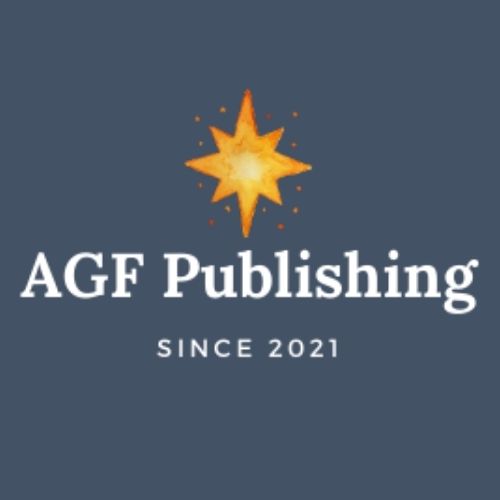
Words of Revolution: How Literature Ignited the Flame of Independence in the American Revolution
Literature played a significant role in the American Revolution for Independence by helping to shape public opinion, mobilize support, and inspire the colonists in their struggle against British rule. During this period, numerous written works were influential in fostering a sense of unity, promoting ideas of liberty and independence, and galvanizing the colonists' desire for self-governance. Here are some key ways in which literature contributed to the American Revolution:
-
Political Pamphlets: Political pamphlets were widely circulated and served as powerful tools for disseminating ideas and rallying support. Perhaps the most famous example is Thomas Paine's "Common Sense" (1776), which presented compelling arguments for independence and greatly influenced public sentiment. Paine's work sold hundreds of thousands of copies, reaching a broad audience and helping to shift popular opinion towards supporting a break from British rule.
-
Revolutionary Speeches: Speeches by influential figures like Patrick Henry, Samuel Adams, and John Adams were instrumental in spreading revolutionary fervor. Although not strictly literature in the traditional sense, these speeches were often transcribed and widely circulated as printed texts. They passionately articulated the colonists' grievances, extolled the virtues of freedom, and called for resistance against British oppression.
-
Political Essays: Intellectuals and leaders wrote essays that articulated the philosophical underpinnings of the revolution. Notable examples include John Dickinson's "Letters from a Farmer in Pennsylvania" (1767-1768), which argued against British taxation and asserted colonial rights, and John Adams' "Novanglus" essays (1774-1775), which advocated for self-government and challenged British authority.
-
Revolutionary Poetry: Poetry played a crucial role in inspiring and motivating the colonists. Writers like Phillis Wheatley, an enslaved African-American poet, composed verses praising the ideals of liberty and championing the cause of the American Revolution. Additionally, poetic works like "The Liberty Song" (1768) by John Dickinson and "Hymn for the Fourth of July" (1777) by Philip Freneau served as rallying cries for independence and expressions of patriotic fervor.
-
Political Satire: Satirical works, such as "A Full and Candid Answer to a Jekyll-Hyde Address" (1775) by Benjamin Church and "A Pretty Story" (1775) by Thomas Green, employed humor and sarcasm to criticize British policies and satirize the British monarchy. These writings aimed to undermine British authority and rally support for the revolutionary cause.
Overall, literature played a vital role in shaping the intellectual and emotional landscape of the American Revolution for Independence. Through pamphlets, speeches, essays, poetry, and satire, writers and thinkers of the time conveyed ideas of liberty, rights, and resistance, fostering a sense of shared purpose among the colonists and ultimately helping to mobilize public support for independence.
Exercise your freedom by choosing one of our titles!

